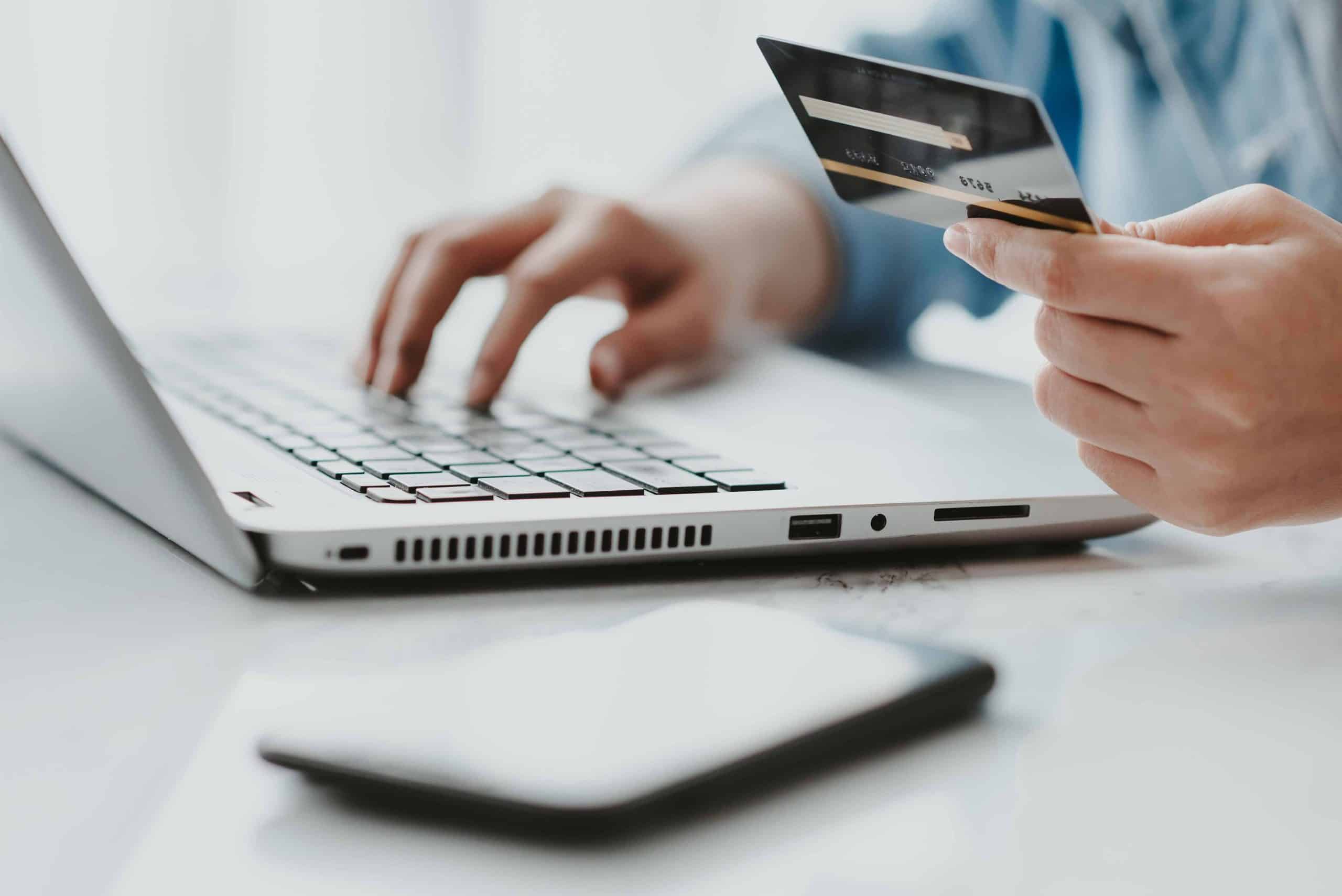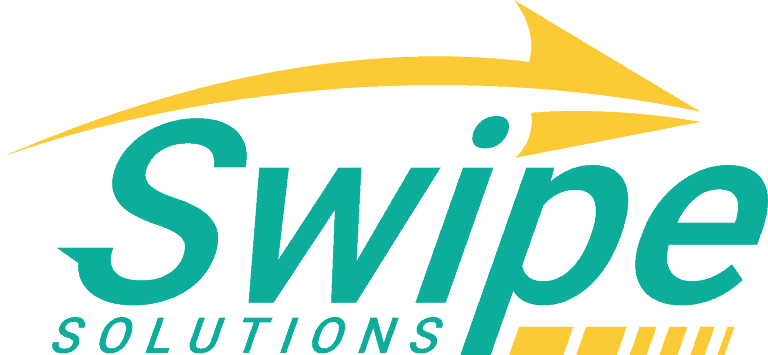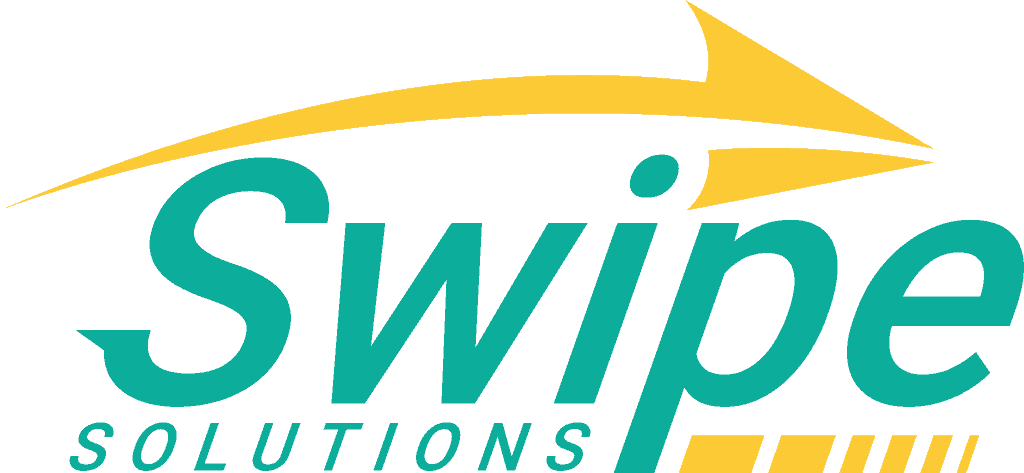How to Build Your Credit After Bankruptcy
Bankruptcy may seem like the end of the road with no way out, but it offers some benefits that can make things get better. It gives you a way to start over and get out from under your debt burden. You and I both know that a trip to the dentist probably causes less discomfort than filing for bankruptcy, but you have options that may not have occurred to you.
Looking at the Big Picture
It makes sense that bankruptcy filings reached a peak after the financial crisis at almost 1.6 million, but 2018 produced almost exactly half that many. If you face the possibility of bankruptcy, you have plenty of company. Still, an alternative choice may let you avoid it and resolve your debt issues more easily without the stigma. A bankruptcy credit fix lets you take control of your finances privately without public attention. You probably object as I do to everyone else knowing about your personal affairs. A debt consolidation loan lets you pay off your debt instead of plugging along with monthly payments to credit cards as you usually do. It lets you avoid the long, slow process that you can bypass. I like to keep things simple, and you probably do too. Nothing offers as simple of a solution as credit repair with a personal loan.
Choosing Something that Works
If you share my desire to get down to the nitty-gritty, you do not like to get the runaround. When you want help to get away from bill collectors hounding you for money, you need actual solutions that work. It matters the most when you have financial problems like avoiding bankruptcy. If you decide to go through with filing for bankruptcy, make sure to submit the payments on time without fail. When you find yourself under the gun, a place which neither of us likes, everything you do comes under someone’s watchful eyes. Making on-time payments on your bankruptcy settlement shows the courts that you take the matter seriously.
Considering a Secured Card

Whether you decide to file for bankruptcy or not, you can apply for a secured card to start rebuilding your credit. A bankruptcy on your record can make it difficult to get one approved, but you can still try. You can expect the credit card companies to limit their options, and that usually means high-interest rates and fees. With a secured card that reports to all three credit bureaus, you get to start improving your credit score. The amount that you can charge on a secured card depends on how much you deposit into the account that supports it. To create the best report, use only 10 or 15 percent of your credit line before you make another deposit. You and I know that a secured card does not really extend credit to you because you can use only the amount that you deposited.
Using a Retail Card to Rebuild Credit
With the experience that you have had with credit, you need to think about whether you want to apply for another card. You and I understand that most people cannot resist the temptation to buy things. If you can limit your purchases to small dollar items and then pay off your bill on time, you can start to improve your credit score. A bankruptcy credit fix provides an easier way to resolve your credit issues. With a personal loan, you can clear up your debts and repay it on time to start improving your credit score.
Branching Out with a CD Account
A self-lending account gives you a safe place to store money and a chance to recover your credit rating simultaneously. After a bankruptcy or facing financial problems, you can open an account that lets you lend money to yourself. You must agree to pay a certain amount each month for a term such as 12 or 24 months, and it requires a modest administration fee. Since it lets you only put money in and not take any out until the end of a term, you have proof of paying on time that the account sends to the credit reporting agencies. The funds go into a CD that pays you interest.
Diversifying with a Loan
Credit card accounts offer access to a way to improve your credit score, but repaying a loan establishes a different approach. A loan for any purpose can help provide credit repair when you pay it back on time. Home repairs provide an excellent reason to get a loan or maybe you have an investment opportunity waiting. Vacations probably do not provide lenders with the motivation to give you a loan, but paying off your debts surely does. A loan that serves as a bankruptcy credit fix removes the pressure from creditors who want you to pay them. It lets you clear up your accounts and get started on repairing your credit.
Checklist of Credit Repair Steps

Financial problems plague almost everyone at some point, and you and I have our share as well. The way we handle them makes us succeed where others may fail. Many options exist in the financial world that can get you on track to creditworthiness. Some of them make the process easier than others, but you can choose which one works the best for you. 1.
1. Bankruptcy
Pro: Creditors forgive some of your debts when you file for bankruptcy, and it makes them stop hounding you for payments. Con: Even though bankruptcy eliminates some debts, you must pay back taxes, alimony and most student loans. Your credit history continues to show it for 10 years, and lenders may refuse to lend or may charge high interest. Filing requires an expenditure of hundreds or thousands of dollars. 2.
2. Secured Cards
Pro: A secured card can help you rebuild your credit score, and you may qualify for one when you cannot get a regular one. Con: A security deposit, fees and high-interest rates increase the costs. 3.
3. Retail Card
Pro: The convenience of using a retail card that most merchants accept gives you financial independence. Regular payments keep you in good standing. Con: The cost of borrowing with a credit card greatly exceeds the interest rate on a personal loan. Fees, penalties and a high APR make the retail card an expensive option. 4.
4. CD Account
Pro: Self-lending accounts do not pull your credit report. Like a savings plan, they help rebuild your credit history. Con: Lending institutions may check your bank account for bad checks or overdrafts. 5.
5. Loan
Pro: You can consolidate credit card debt and potentially get a better rate of interest with a loan, or you can use it for almost any purpose. Most do not require collateral, and you do not need to have great credit. A repayment period of at least a year gives you time to pay it off and improve your credit record. Con: Fixed payment amounts do not allow you any flexibility in how much you want to pay each month. Lenders charge interest, and some may charge origination fees as well.
Arriving at a Decision Point
You and I both know that financial problems do not disappear just because we hope they do. They require decisive action, and a loan that lets you wipe out all outstanding debts gives you the most relief and the least hassle. Which approach do you want to take?


